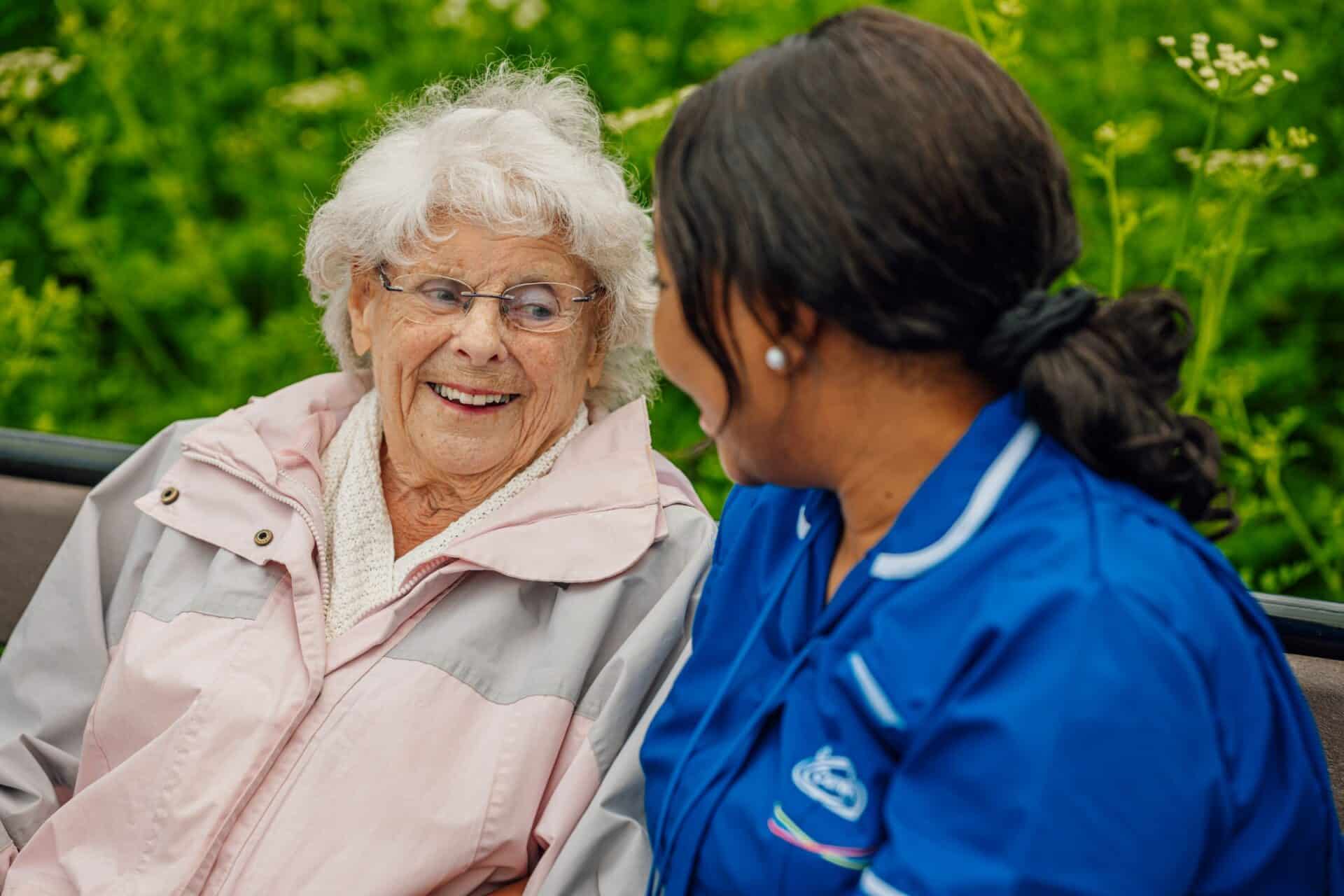Debunking the Myth: Being a Care Assistant is so much more than you think

When you hear the term “care assistant,” what comes to mind? Unfortunately, for some, a narrow and dismissive view persists: that the role is simply about “wiping people’s bums.” This stereotype not only undermines the vital contributions care assistants make but also discourages potential workers from entering this rewarding and indispensable profession. Let’s take a closer look at what being a care assistant truly involves and why it deserves far more respect and recognition.
The Reality of a Care Assistant’s Role
Care assistants provide essential support to people who may be elderly, disabled, or living with chronic illnesses. Their work enables individuals to maintain dignity, independence, and quality of life. While personal hygiene is one aspect of the job, it is far from the whole story. Care assistants:
- Offer emotional support: Building meaningful relationships with clients and providing companionship is a cornerstone of care work. Loneliness and isolation are significant challenges for many care recipients, and care assistants help bridge that gap.
- Assist with daily activities: From helping with meal preparation and mobility to assisting with medication and household tasks, care assistants play a critical role in supporting everyday life.
- Act as advocates: Care assistants often identify changes in their clients’ health or well-being and communicate these concerns to medical professionals or family members, ensuring clients receive the best possible care.
- Promote independence: The goal is not to do everything for the individual but to empower them to do as much as they can for themselves, fostering a sense of agency and self-respect.
The Emotional Intelligence Behind the Job
Being a care assistant requires more than physical effort; it demands emotional intelligence, patience, and empathy. Workers need to navigate sensitive situations, adapt to clients’ varying needs, and provide reassurance during challenging times. Far from being menial, this work requires a high level of interpersonal skill and emotional resilience.
Breaking Down the Stigma
The misconception that care assistants perform only basic tasks stems from a lack of understanding about the role and the care sector in general. Here are some points to challenge this stigma:
- Care is complex: Assisting someone with personal hygiene, for example, requires sensitivity and skill to ensure the individual feels respected and comfortable. It is a deeply human act that underscores the dignity and care central to the profession.
- It’s a profession, not a chore: Care assistants receive training in areas like first aid, safeguarding, and dementia care, equipping them with specialized knowledge to handle a wide range of situations.
- It’s about humanity: Supporting someone through vulnerable moments is not degrading work; it’s an act of compassion and service that reflects the best of humanity.
Why Care Assistants Deserve Respect
Care assistants are the backbone of the social care system, enabling thousands of people to live with dignity and support every day. Their work alleviates pressure on healthcare systems and provides peace of mind to families. Recognizing and valuing their contributions is crucial—not only to address the stigma but also to ensure the sector attracts and retains talented individuals.
Encouraging More People Into Care
Dispelling misconceptions about care work is vital for recruitment and retention. By celebrating the holistic and impactful nature of the role, we can encourage more people to consider care as a meaningful career choice. Highlighting the emotional rewards, opportunities for professional growth, and the ability to make a tangible difference in people’s lives can help change perceptions.
Conclusion
It’s time to move beyond the outdated and reductive view of care assistants. Their work is not “just” anything—it is multifaceted, challenging, and profoundly important. Let’s give care assistants the respect and recognition they deserve and celebrate the critical role they play in creating a compassionate society.